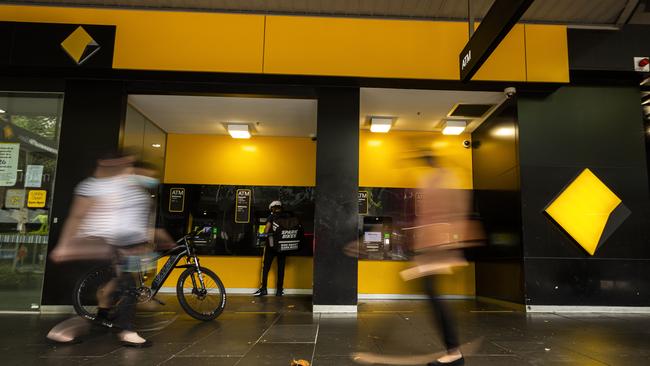
Rates are set to rise, and quickly, he says, but the Commonwealth Bank chief executive doesn’t believe they will increase to the high levels tipped by some leading economists.
His comments follow the Reserve Bank of Australia this month turning decidedly hawkish as it tries to rein in inflation that is breaking out across the economy.
The central bank hiked the cash rate target by 25 basis points this month to 0.35 per cent. Some economists expect they will jump to 0.75 per cent within weeks.
Money markets are betting the official cash rate could move to 2.5 per cent by the end of this year, marking the fastest pace for rate rises in decades. Further out economists, including Nomura, are tipping the cash rate to move closer to 3 per cent by May next year.
But Comyn thinks the market “has gotten well ahead of itself in terms of where the cash rate is likely to move”. He tells The Australian the cash rate will be closer to 1.3 per cent by the end of this year, before moving to a more modest 1.6 per cent mid-next year.
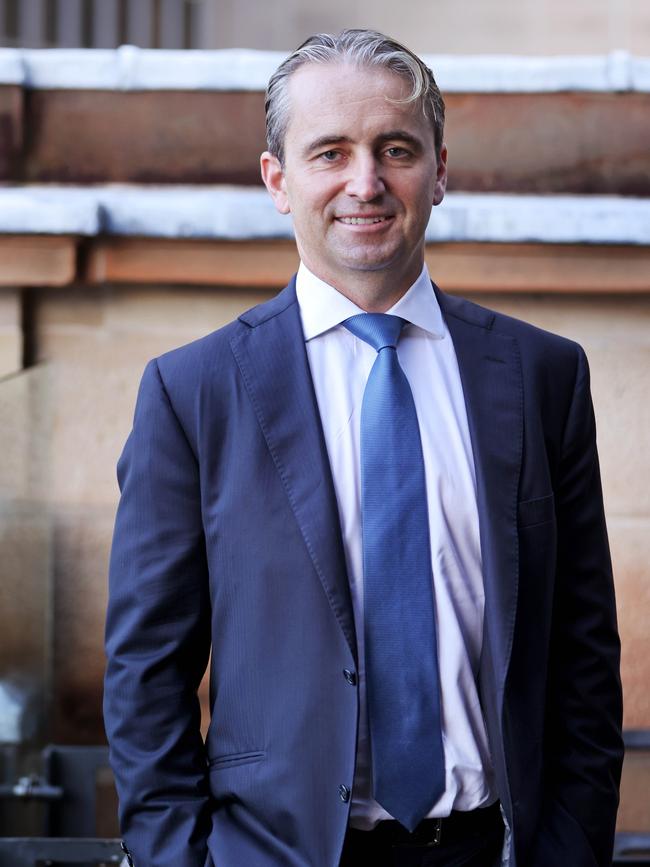
CBA writes nearly one in four mortgages in Australia and the bank’s view on where interest rates are heading is significant. The nation’s banks were quick to pass on this month’s rate rise in full to homeowners, while fears of a cash rate with a “2” in front of it could hurt consumer confidence.
The rate hikes will still have an impact on the housing market, Comyn says, and is tipping prices to fall between 5 per cent to 10 per cent over the coming year. After the surge in property following the Covid rate cuts, some modest easing should be regarded as a positive in terms of housing affordability and long term financial stability, he adds.
He still expects monetary policy to tighten and the “normalisation” of interest rates from ultra-low Covid settings “is going to occur faster and earlier” than seen in decades’.
“One of the key questions in our mind is … where does the cash rates settle? And I think there’s actually quite a divergence across the market in terms of what the market is pricing for expectations versus what we think is going to occur.”
Key to the CBA view on interest rates is inflation, which is running at 5.1 per cent in Australia, is “a lagging indicator” and can be contained by the RBA’s rate hikes.
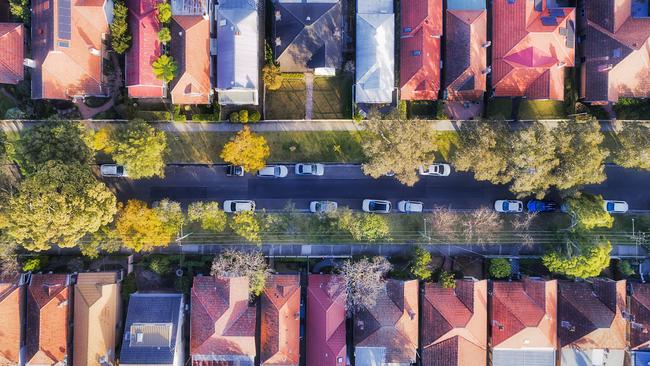
“We anticipate that it’s going to respond to the increases in cash rate. And I think that will show up in a variety of different indicators over the next three to six months,” Comyn says.
Even with a rate rise to 1.3 per cent Comyn says this will “clearly will be a change for many customers who haven’t been through a rising rate environment in terms of overall financial soundness and stability”.
Like other major bank bosses, Comyn is not anticipating any major financial stress to occur as mortgage rates rise, and CBA is prepared to work through any issues with its customers.
“That’s why I say there’s quite a big difference depending on what you believe and where the cash rate will go. On the back of the first cash rate increase it’s important to remind everyone it’s a normalisation of the cash rate from really what was an emergency setting when the cash rate went to 10 basis points in November 2020. At the time it was very uncertain what that recovery would look like. And now we’re anticipating an employment rate which is dramatically higher.
“That’s important because clearly this real strength in the underlying economy and so a normalisation of monetary policy needs to occur but I think it will occur in a more orderly fashion than the market is currently pricing it.”
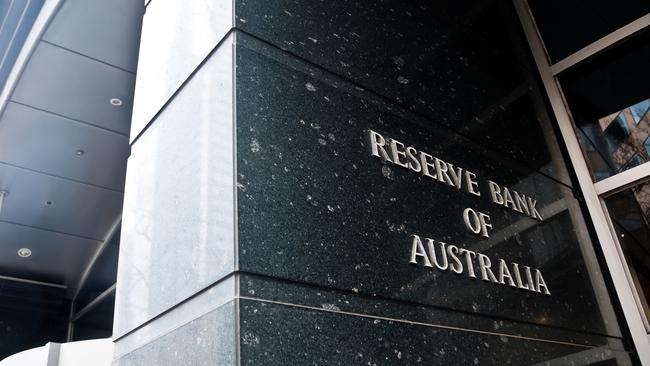
Banks have been factoring in a “buffer” when customers sign on for new loans to make sure mortgages can comfortably be paid off in the event of a rate hike.
Comyn was speaking as CBA delivered a March quarter cash profit of $2.4bn, which is flat on the previous quarter. The third quarter result puts the bank on track to deliver a cash profit of more than $9.5bn for the year to June. This would be a lift on last year’s $8.65bn cash profit.
Momentum for earnings growth was pressured by a slight dip in revenue as a higher cost of funding squeezed margins on lending. The bank also made inroads on costs, with expenses down 2 per cent as some remediation payouts mostly linked to former wealth businesses started to ease. Shares in CBA ended 0.6 per cent higher, defying a sharply lower broader market.
‘Wages lift’
Comyn weighed into the charged political debate around wage increases through the economy, saying the extent of any increase matters. While sidestepping Labor leader Anthony Albanese’s push to increase wages to match the 5.1 per cent rate of inflation, Comyn emphasised that any increase needs to be underpinned by productivity improvements to avoid further overheating of the economy.
He notes that businesses across the board are anticipating a faster pace of wages growth after years of slow growth.
While the outlook for the Australian economy is robust, there are a number of major risks businesses are watching closely including inflation, that could represent a threat to growth.
“It’s quite a dynamic environment, both domestically and abroad. You’re seeing a reduction of fiscal stimulus and you’re seeing tightening monetary policy. Around the world, there’s still a continuing trend from Covid, particularly in China.
“Australia is getting a boost from the commodity price surge, but supply chain issues and volatility from Russia and Ukraine continues to dominate and global growth is tipped to slow over the next 12 months.
“Australia is still in a very strong relative position … but clearly getting inflation into a more normal range is a priority”.
Sezzle pops
Soon-to-be-merged buy now, pay later operator Sezzle has seen the price tag of its acquisition shrink to below $200m from nearly $500m in under three months.
Just in time, Sezzle in February agreed to a friendly takeover from bigger rival Zip Co. With Zip shares the currency of the deal, Sezzle has since been bouncing around on movements in Zip – which has been down sharply on the tech slump.
At the time the deal was struck on February 28, Zip shares were trading at $2.21 each. On Thursday they closed at 94 cents – down 6.5 per cent on the session. These days Zip is valued at a little more ($640m) than what it initially valued Sezzle ($491m) when it launched the merger.
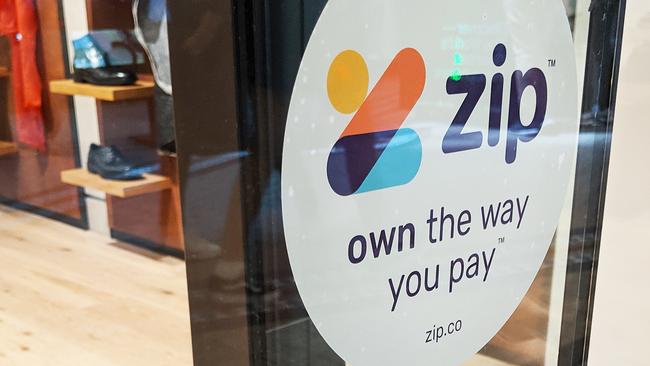
Sezzle is currently waiting on US Federal Trade Commission approval to merge with Zip. As it waits it is pushing ahead with plans to slash its US workforce by 20 per cent as part of efforts to preserve funds. The buy now, pay later player has several quarters of cash left in the till but burn rates remain high. The cash pile shrunk $US19m to $US60.5m in the March quarter. It’s this shrinking cash pile that Zip will be eyeing as it gives around a fifth of the company to Sezzle shareholders under the merger terms.
Zip recently raised some $170m, which gives it breathing room heading into a period where securing new funds is going to be increasingly tough following the tech share collapse.
johnstone@theaustralian.com.au






Matt Comyn, who is in charge of the nation’s biggest bank, believes the market has got it all wrong on interest rates.